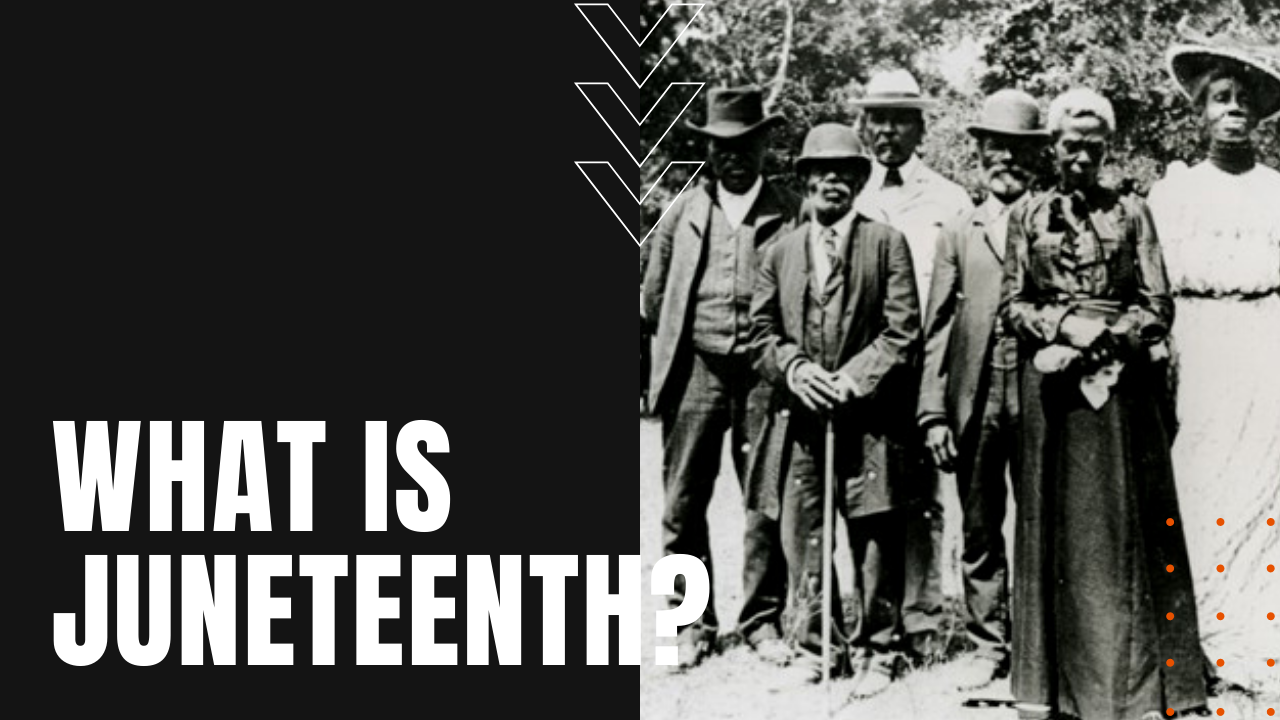What is Juneteenth?

A Nation Divided Over Slavery
The divide over slavery in America goes back decades before the Civil War, prompting Abraham Lincoln to declare in a landmark 1854 speech that “If the negro is a man, why then my ancient faith teaches me that ‘all men are created equal;’ and that there can be no moral right in connection with one man’s making a slave of another.”
After hostilities broke out between the North and the South on April 12th, 1861, Congress passed the Militia Act of 1862, which allowed Black men to serve in the U.S. Army, followed by the Confiscation Act, which stated that all slaves seized from Confederate supporters were immediately made free.
After President Abraham Lincoln issued his Emancipation Proclamation on January 1st, 1863, declaring that all enslaved people were “thenceforward, and forever free,” Lincoln understood that his decree applied only to territories not currently part of the Union states, but his proclamation’s symbolic stand shifted the North’s Civil War objectives from not only the preservation of the Union, but for the abolition of slavery from American soil.
Slavery in Texas Abolished
In Texas—a state largely ignored during the Civil War—many slave owners had moved into the state as a safe haven from Lincoln’s Emancipation Proclamation, until on June 19th, 1865, when Union Maj. Gen. Gordon Granger arrived at Galveston to declare that after 246 years of involuntary servitude in the United States, all enslaved men, women and children were now free from bondage.
What is Juneteenth Day?
In 1866, the 250,000 freed Blacks in Texas organized the first “Jubilee Day” on June 19th, which over the coming decades would spread across the country as African Americans migrated out of Texas to other parts of the United States. Juneteenth celebrations grew year after year with a wide variety of festivities, including parades, barbecues, prayer services and live music.
In 1979, Texas became the first state to declare Juneteenth an official state holiday, while on June 17th of 2021, President Joe Biden made Juneteenth a national holiday—the first in over 38 years, after Martin Luther King, Jr. Day was signed into law on November 2nd, 1983 by then-President Ronald Reagan.
